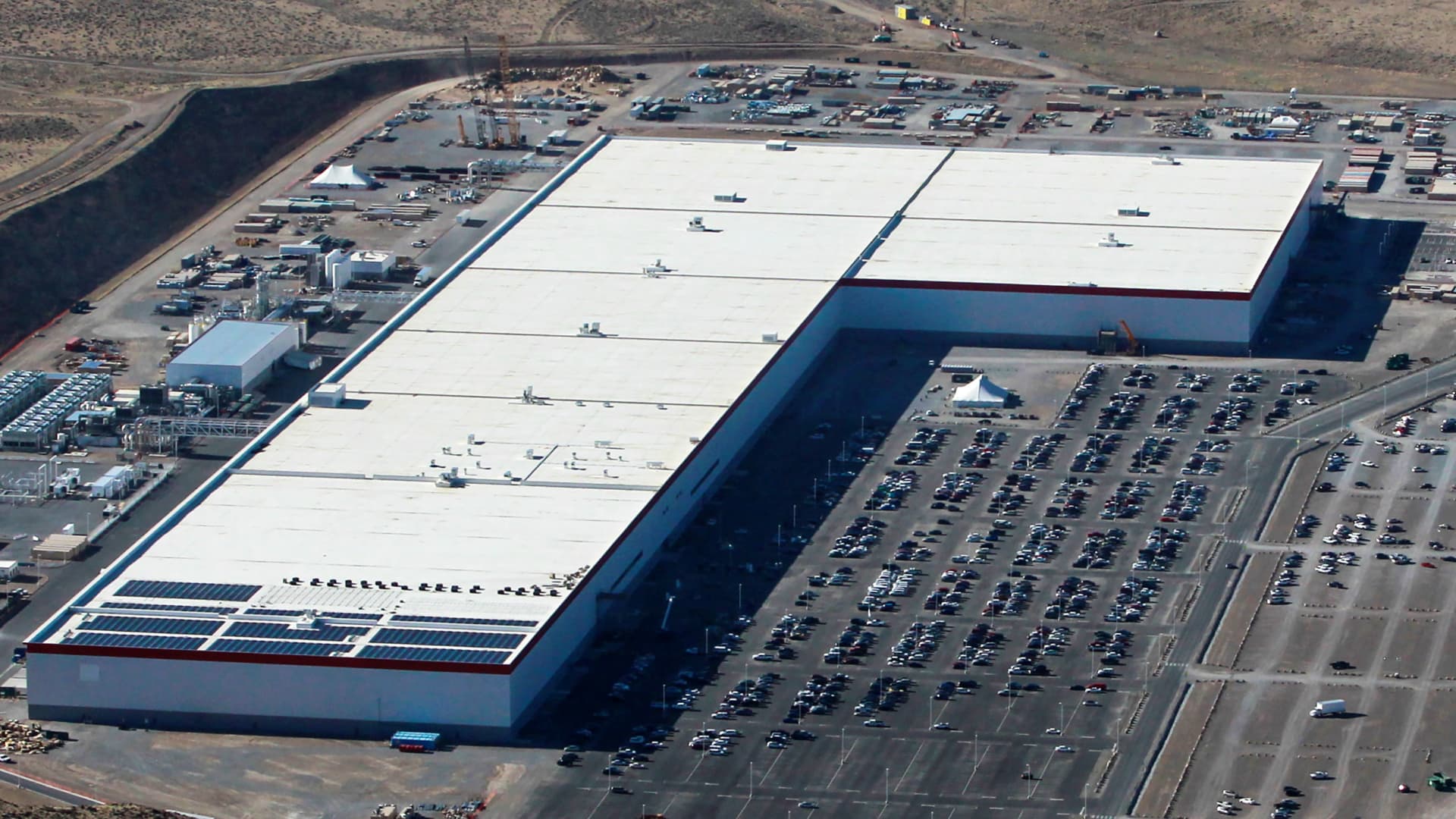US Markets
Thursday, September 5th, 2024 4:05 pm EDT
Key Points
- Stadium Ownership and Revenue Structure: The primary reason for the $2 billion valuation gap between the Rams and Chargers lies in SoFi Stadium’s revenue structure. Rams owner Stanley Kroenke financed and owns the stadium, allowing the Rams to retain 85% of the stadium’s revenue from luxury suites, sponsorships, and all non-NFL events. The Chargers, as tenants, receive only 15% of suite and sponsorship revenue and none from non-NFL events.
- Non-NFL Event Profits: The Rams benefit significantly from hosting major non-NFL events at SoFi Stadium, such as concerts by Taylor Swift, Beyoncé, and others. For example, six sold-out Taylor Swift concerts in 2023 generated substantial revenue for the Rams, with the Chargers receiving no portion of these profits.
- Investment Returns: Kroenke’s investment in the Rams and SoFi Stadium has paid off. Despite significant costs, including a $5 billion stadium and $1.12 billion in relocation fees, the value of the Rams has quadrupled since 2010. Meanwhile, the Chargers, while seeing an 81-fold increase in value since 1984, have lagged behind in growth compared to the Rams due to their tenant status and less successful on-field performance.
The disparity in value between the Los Angeles Rams and Los Angeles Chargers, both NFL teams, is stark. The Rams are valued at $8 billion, placing them second on CNBC’s 2024 NFL Team Valuations list, while the Chargers are valued at $5.83 billion, ranking 26th. This $2 billion gap is not primarily due to on-field performance, as both teams play at SoFi Stadium. The main factor behind the difference is stadium economics. Rams owner, Stanley Kroenke, financed and owns SoFi Stadium, which grants the Rams 85% of the stadium’s revenue from luxury suites and sponsorships, along with all earnings from non-NFL events. The Chargers, by contrast, are tenants and receive only 15% of suite and sponsorship revenue, with no stake in non-NFL events like concerts.
The Rams, for example, kept all the revenue from six sold-out Taylor Swift concerts in 2023, while the Chargers earned nothing. Additionally, the Rams retain the full $625 million from SoFi’s stadium naming rights deal, which lasts until 2039. This revenue structure has allowed the Rams to secure significant financial advantages. While NFL teams share most of the league’s $13.68 billion in revenue—primarily from media rights and sponsorships—stadium-related earnings like luxury suites and non-NFL events are not shared, allowing some franchises, like the Rams, to greatly increase their value.
SoFi Stadium has hosted numerous high-profile events, including performances by artists like Beyoncé and Ed Sheeran, all benefiting the Rams. While the financial arrangement works in their favor, it came with risks. Kroenke invested over $5 billion in the stadium, making it the most expensive in the world, and the Rams hold $3.5 billion in debt, the highest in the NFL. However, Kroenke’s gamble appears to have paid off. Since purchasing the Rams for $750 million in 2010 and moving the team to Los Angeles in 2016, the franchise’s value has more than quadrupled. The Rams have since appeared in the playoffs five times and won the Super Bowl in 2021.
The Chargers, who moved to Los Angeles in 2017, have fared less successfully on the field, reaching the playoffs just twice and never advancing beyond the divisional round. However, the Spanos family, which owns the Chargers, hasn’t fared poorly. Alex Spanos bought the then-San Diego Chargers in 1984 for $72 million, and the team’s value has increased 81-fold since then, even after paying a $550 million relocation fee to move to Los Angeles. Comparatively, over the same period, the S&P 500 has increased by 53-fold.
The difference between the two franchises can be viewed similarly to investment stocks: the Rams represent a “growth stock” with high returns on investment, while the Chargers are more of a “dividend play,” offering steady returns but not as much growth potential. The Rams’ success is attributed largely to Kroenke’s ownership and the financial leverage gained from owning SoFi Stadium, whereas the Chargers’ status as tenants limits their revenue potential and, by extension, their overall valuation growth.
For the full original article on CNBC, please click here: https://www.cnbc.com/2024/09/05/los-angeles-rams-vs-chargers-value.html




